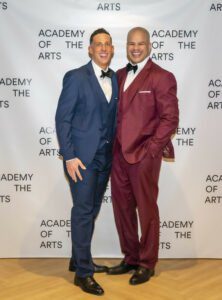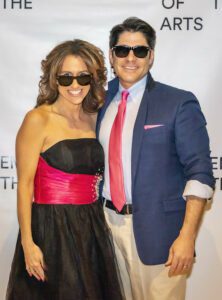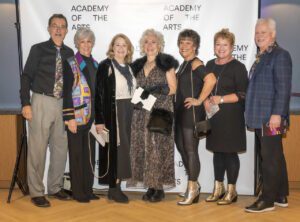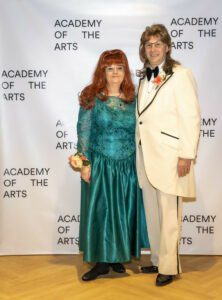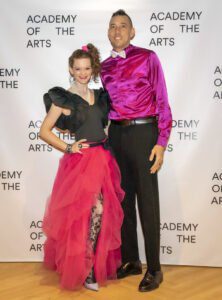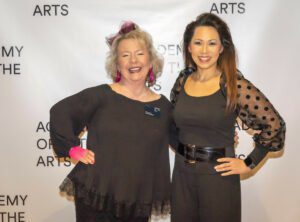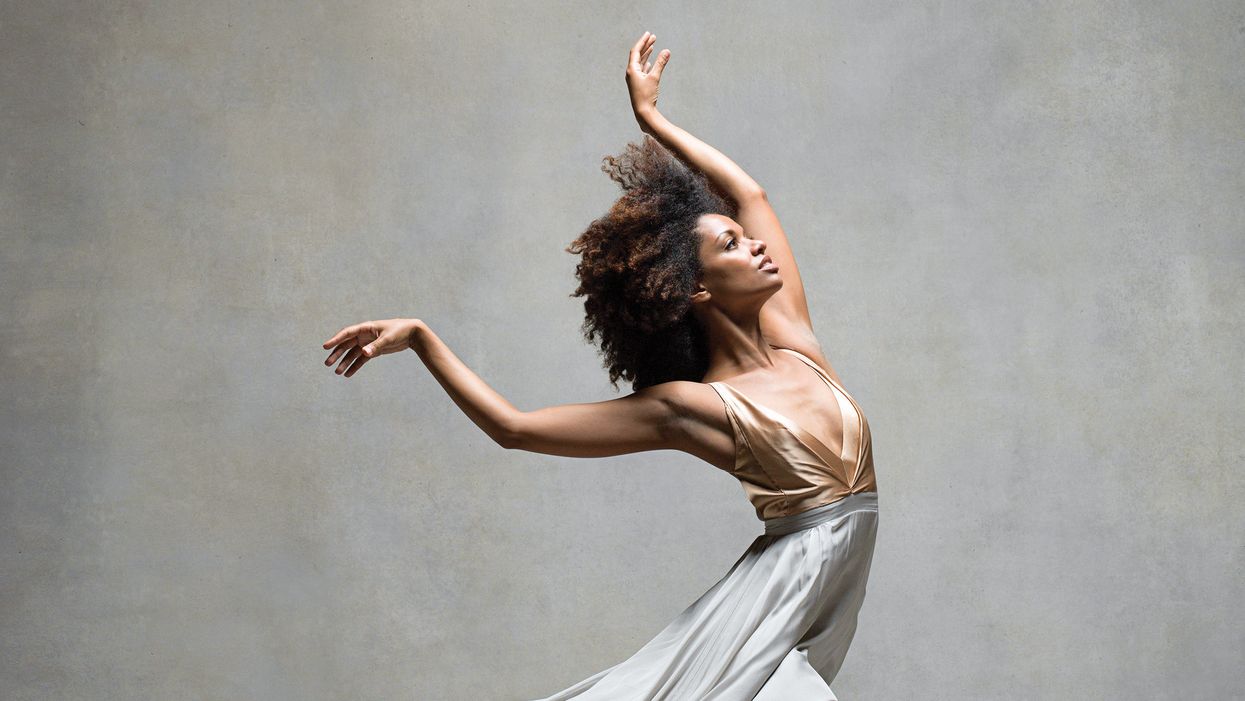By Maya Meschi
As we advance into the 21st century, the push for diversity and inclusion in the performing arts industry has increased significantly. Numerous thriving performers, directors, and casting directors voice and continue to voice stories crucial to our cultural development. Among them is Patrick Maravilla, a casting director who has cast groundbreaking productions such as The Life of Pi, A Wonderful World, and Chicago. Maravilla has been an essential player in shaping and pivoting our view of diversity in theater. He is genuinely transforming the future of the performing arts industry and life. Maravilla remarked, “Storytelling allows us to access the roots of who we are, and we continue to tell those stories to keep them alive.”
A Hunger to Make a Difference:
Maravilla started his performing arts occupation by participating in and auditioning for theater in California. However, as Maravilla became increasingly exposed to the industry, he realized he “…had never seen another brown person behind the table.” Shortly after the pandemic, Maravilla discovered he no longer wanted to pursue acting. Regardless, he still wanted to have a career in the performing arts; more specifically, he desired to make a difference in the field. Eventually, this drove him to seek casting as a profession. “I wanted to be a voice for people who look like me.”
Life of Pi:
Maravilla’s aspiration for diversity goes beyond race; he casts shows to give people of various backgrounds the opportunity to have a voice in the industry. From Real Women Have Curves to The Life of Pi, Maravilla has pushed for refreshing interpretations of well-known works. A representation of how Maravilla supplied a play with a renewed point of view is through The Life of Pi. Similar to most professional productions, Life of Pi debuted in the West End. During the duration of Life of Pi’s premiere, the character Pi, who was originally portrayed as a male, was incapable of attending and performing a particular performance. The understudy, who traditionally played Ronnie, covered the performance of Pi that evening. Leaving the audience, cast, and crew in complete astonishment and marvel, Maravilla stated: “When she went on, we weren’t expecting it, and we were like, ‘Yeah! This works.'” Shortly after Hiran Abeysekera parted from the Broadway cast, “We were like, this is a no-brainer; Uma would be a fabulous actor to illustrate her view of Pi, which allowed a different take on what the show is and what it means, as well as the social standings of Pi as a woman.” The most remarkable and fascinating component of Maravilla’s casting is that it allows a woman of the 21st century to convey her story, especially in a narrative in which the theme is about survival.
Chicago the Musical:
Chicago the Musical is one of the rarest musical phenomenons; it has remained one of the longest-running productions on Broadway and has reached numerous fans. Among these countless successes, Chicago has had multiple interpretations; therefore, “casting can be tricky because everyone has an idea about what it should be.” However, with this, you have the ability to “uphold the integrity of the show while still pushing it into the 21st century.” Classical shows like Chicago allow people to stay true to the theme of the production while still granting space for new, relevant messages. Ultimately, the gift of casting gives opportunities to people of various backgrounds. People like Maravilla have genuinely transformed theater and given individuals equal chances. With Maravilla’s help, Chicago the Musical had Jinx Monsoon become the first-ever drag queen to play Mama Morton. Currently, Mama Morton is portrayed as the first Asian Mama Morton in Chicago’s 27-year run.
A New Light for Inclusion and Diversity in the 21st Century:
Inclusion can be taught, learned, and experienced in various ways in the 21st century. It is essential to familiarize ourselves with the past so we can positively influence the future, and Maravilla is currently doing that. He is bringing a trailblazer from history to contemporary audiences in A Wonderful World. A Wonderful World is a captivating, delightful, and outstanding piece of art that takes you through Louie Armstrong’s life, told through his four wives. It is set to open on Broadway in the fall. While it is uplifting to know that numerous people like Maravilla exist, it is also refreshing to know everyone can push for even more diversity and inclusion. It all begins with you and your first efforts toward making a difference. As Maravilla has conveyed:
“I hope people continue to push, have the conversation, and fight for diversity. Theater should be a reflection of society, which is the whole reason why theater was created. We are doing a disservice by not reflecting on the stage. We should be able to have little kids come in the show and see themselves on the stage, which, up until two months ago, if my little sister would watch a show, she wouldn’t see someone like her in the group. However, now, she can, and it’s stuff like that that I hope we keep pushing towards.”










